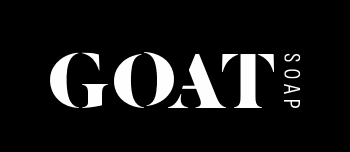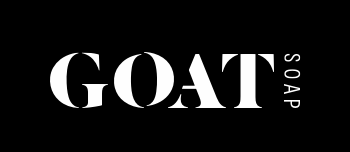A well-balanced diet is essential for maintaining the health and productivity of goats. Protein, a vital macronutrient, plays a crucial role in their growth, reproduction, and overall well-being.
In this article, we will explore the importance of protein in a goat's diet, its specific protein requirements, and strategies for providing adequate protein. By understanding the significance of protein and implementing appropriate feeding practices, goat owners can ensure their animals receive the necessary nutrients for optimal nutrition and performance.

The Importance of Protein in Goat Nutrition
Protein is a vital part of goat nutrition. It affects various processes in the goat’s body including:
Growth and Development
Protein is essential for the growth and development of young goats. It aids in muscle and tissue formation, skeletal development, and overall body growth.
Reproduction
Protein plays a critical role in reproductive health, supporting fertility, successful breeding, and healthy pregnancies in does.
Milk Production
High-quality protein is crucial for lactating to produce nutritious and abundant milk for their offspring.

Protein Requirements for Goats
The protein requirements for a goat’s diet can vary depending on age, life stage, body weight, activity level, and protein quality. Though you should always consult a veterinarian about a proper diet for a goat, here are a few things to get you started.
Age and Life Stage
The protein requirements of goats vary based on their age and life stage. Growing kids, lactating does, and breeding bucks have higher protein needs compared to mature, non-lactating goats.
Body Weight and Activity Level
Larger goats and those engaged in higher levels of physical activity, such as working or show goats, may require increased protein intake to support their energy expenditure.
Protein Quality
The quality of dietary protein is as important as the quantity. Goats require a balance of essential amino acids to meet their protein needs effectively.
Protein Sources for Goats
Forage and Pasture
High-quality forage, including legumes such as alfalfa and clover, can provide a significant portion of a goat's protein needs. Grazing on diverse pastures also offers natural sources of protein.
Concentrate Feeds
Supplementing with concentrate feeds, such as grain-based mixes or pelleted feeds, can provide additional protein to meet the specific requirements of goats.
Protein Supplements
Certain protein-rich supplements, such as soybean meal, cottonseed meal, or fish meal, can be added to the diet to enhance protein content.

Feeding Strategies for Adequate Protein
Balanced Diet
Formulate a well-balanced diet that considers the protein requirements of goats based on their age, life stage, and activity level. Consult with a veterinarian or animal nutritionist to develop a suitable feeding plan.
Forage Management
Ensure access to high-quality forage and pasture with balanced protein content. Regularly assess the nutritional value of the forage and make necessary adjustments.
Concentrate Feeds
Select concentrate feeds with appropriate protein levels and feed according to the specific needs of the goats. Avoid excessive reliance on concentrates, as forage should form the foundation of their diet.
Monitoring and Adjusting
Regularly monitor the body condition and performance of goats. Adjust the protein content in the diet if necessary, based on their individual requirements and any observed changes in health or productivity.

Bottom Line
Providing adequate protein is essential for meeting the nutritional requirements of goats and promoting their overall health and productivity. Understanding the importance of protein, tailoring the diet to their specific needs, and utilizing a combination of forage, concentrates, and protein supplements will help ensure optimal nutrition.
By implementing appropriate feeding strategies and regularly monitoring their condition, goat owners can support the growth, reproduction, and well-being of these remarkable animals. Consult with a veterinarian or animal nutritionist to develop a comprehensive nutrition plan that meets the protein requirements of your goats for their specific life stages and individual needs.

